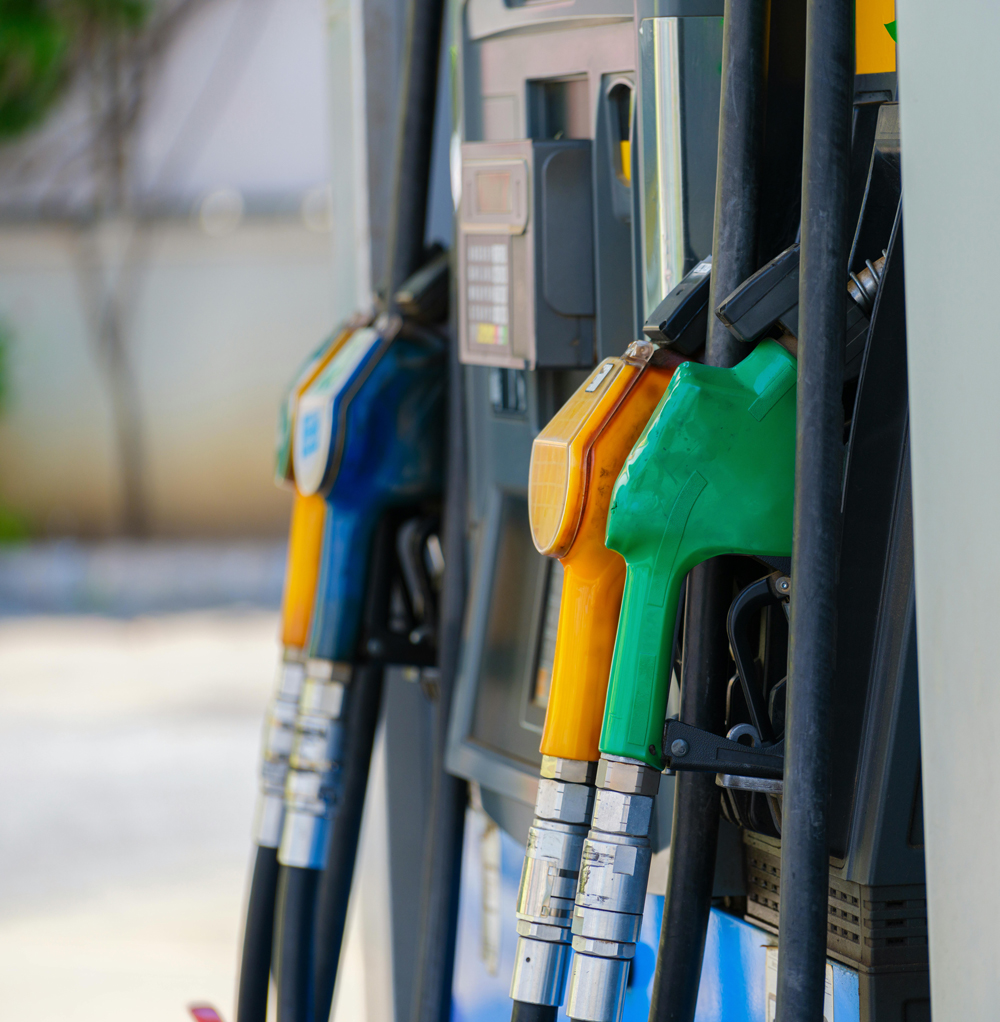

After it was announced that assaulting a shop worker will be made a separate criminal offence in England and Wales as part of a government response to a wave of retail crime, Alan Stephenson-Brown, CEO at Evolve Business Group, explains why forecourt operators should make connectivity central to security.
The retail sector has long been notorious for incidents of abuse towards staff, and it’s a problem that’s on the rise. Those working in the fuel forecourt sector report the same issues, but the problem of abuse is particularly unpredictable, with incidents of abuse rising as petrol prices do.
Forecourt staff not only face the risk of drivers stealing fuel, verbal and physical abuse an increasing problem – as evidenced by the fact BP staff are even now wearing body cameras in stores to help keep them safe.
With forecourt crime costing fuel retailers millions every year in lost revenue, more operators are turning to new technology to deter criminals.
High-tech protection for fuel forecourts
We’ve come a long way since the early days of CCTV, when it only provided live monitoring, streamed to monitors, without the capacity to record the footage. then. Today, not only do surveillance systems allow forecourt operators to access them 24/7 in real time from any device, but commercial CCTV cameras can also harness Artificial Intelligence (AI) for facial recognition; capturing real-time images of faces to quickly identify individuals, and instantly identifying a face that appears more than once in the captured video footage when played back.
When installing CCTV systems, fuel forecourt operators should follow best practice guidance, including ensuring there is good lighting, minimal blind spots and an active power supply is nearby.
This, combined with automatic number plate recognition (ANPR), will provides a robust security system, but it will only be effective with sufficient connectivity.
Modern security setups mean CCTV systems are often integrated with other security systems such as alarms, access control systems, and analytics software. Good connectivity enables smooth communication between these different systems and enhances overall security effectiveness. Plus, of course, good connectivity ensures such high-quality footage can be transmitted without lag or degradation in quality.
A stable and fast internet connection is also needed for real-time monitoring and remote access of the CCTV feed, but because many CCTV systems now use cloud-based storage solutions to store footage, a reliable internet connection is also needed to ensure seamless uploading of footage to the cloud, preventing any loss of crucial data.
We’ve worked closely with the fuel forecourt sector for many years and understand that fully Managed Network Solutions, including WAN, connectivity, and guest Wi-Fi, are essential for businesses in this sector to operate efficiently and deliver a seamless experience to their customers. But it’s also an important part of security strategies.
Installing state-of-the-art CCTV monitoring systems allows for remote observation and can alert owners or their maintenance providers to any unusual activity, but neglecting the connectivity needs of CCTV and other monitoring equipment could prove costly.








